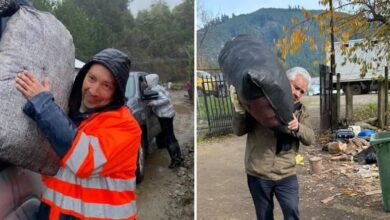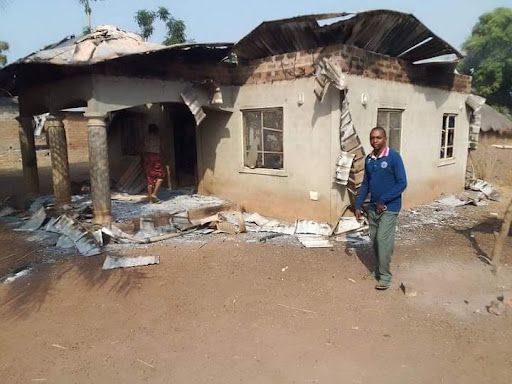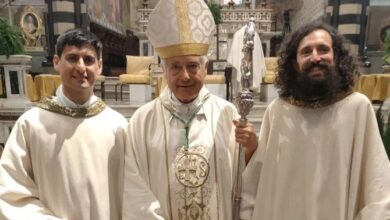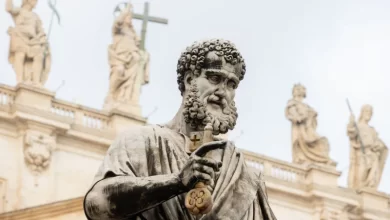Archbishop praises Welsh Parliament’s rejection of motion to legalize assisted suicide
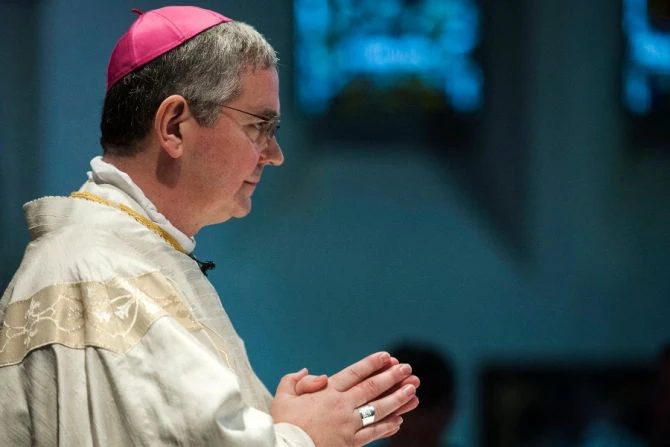
 Archbishop Mark O’Toole of the Archdiocese of Cardiff-Menevia. / Credit: Mazur/catholicnews.org.uk
Archbishop Mark O’Toole of the Archdiocese of Cardiff-Menevia. / Credit: Mazur/catholicnews.org.uk London, England, Oct 28, 2024 / 11:15 am (CNA).
A leading archbishop from Wales said he is “pleased” that the Welsh assembly has rejected a motion to legalize assisted suicide, highlighting support for the “most vulnerable.”
The motion in the Welsh Parliament, known as the Senedd, proposed a new law to legalize assisted dying in Wales and England, but it was defeated 26-19 on Oct. 23. First Minister Eluned Morgan and Health Secretary Jeremy Miles were among those to vote against the motion.
Welcoming the outcome, Archbishop Mark O’Toole of Cardiff-Menevia said: “Support of the most vulnerable in our society, so clearly threatened by the proposed law, is good to see. I was very pleased to see that the majority in the Senedd voted against a motion which encouraged assisted suicide legislation.”
Catholic minister Delyth Jewell, deputy leader of Plaid Cymru, also spoke out against the motion, saying: “My fear with this motion, my terror, is not so much with how it will begin but how it will end.”
Jewell shared that an assisted-dying law would leave disabled and vulnerable people with “no choice but to end their life,” saying: “For many disabled people or people who are not close to their family, people who are worried, anxious, and lonely, it would leave them to feeling they have no choice but to end their life.”
The result comes prior to a vote on Kim Leadbeater’s assisted suicide bill Nov. 29, which proposes to legalize assisted suicide in England and Wales. While the Senedd does not have power to introduce the legislation, the vote was symbolic and viewed as a guide on how Wales will vote in the Leadbeater bill.
The rejection of the Welsh motion is seen as significant because it shows the Welsh Assembly, including its leader, rejects an assisted suicide regime on Wales.
O’Toole urged Catholics to not rest on their laurels but to take an active part in speaking out against the Leadbeater bill.
“I continue to encourage all Catholics to write to their MPs [members of Parliament] to express their concerns about the proposed law currently before the U.K. Parliament and to encourage them not to vote for it,” he said.
The archbishop’s comments came as Bishop Philip Egan of Portsmouth delivered a stark warning that legalizing assisted dying in England and Wales would be like welcoming Adolph Hitler’s Nazi “ideology.”
In a pastoral letter titled “Thou Shalt Not Kill,” addressed to parishioners in the Diocese of Portsmouth, Egan wrote: “To permit killing is wrong. It would be a shift of historic significance. It would be to capitulate to the very ideology Britain fought against in the Second World War.”
Egan was referring to Hitler’s promotion of the rights of the strong to dominate the weak by any means necessary during the Second World War — including violence and murder — and founded an ideology that led to the murder of millions.
Egan underlined the consequences of legalizing assisted suicide. “‘Thou shalt not kill’ is an instinctive principle written into every human heart,” he wrote.
“If we yield to [assisted dying] and permit killing, we will cross a line from which there is no return. Like using nuclear weapons, once deployed, it’s too late; there’s only escalation.”
He continued: “It would darken the atmosphere of medical wards that care for the elderly, and it would inexorably lead to euthanasia, the right to make another person die, when difficult cases need to be decided by consultants and relatives, or lawyers and the courts.”
Meanwhile, U.K. pro-life groups were quick to welcome the landmark decision in Wales.
Right to Life UK spokesperson Catherine Robinson said: “This vote shows that the Welsh Parliament clearly rejects the imposition of assisted suicide on Wales from Westminster, with fewer than a third of Senedd members voting in favor.”
“Legalizing assisted suicide presents an acute threat to vulnerable people, especially in the context of an overstretched health care system,” Robinson continued. “The U.K. must prioritize properly funded, high-quality palliative care for those at the end of their life, not assisted suicide.”


